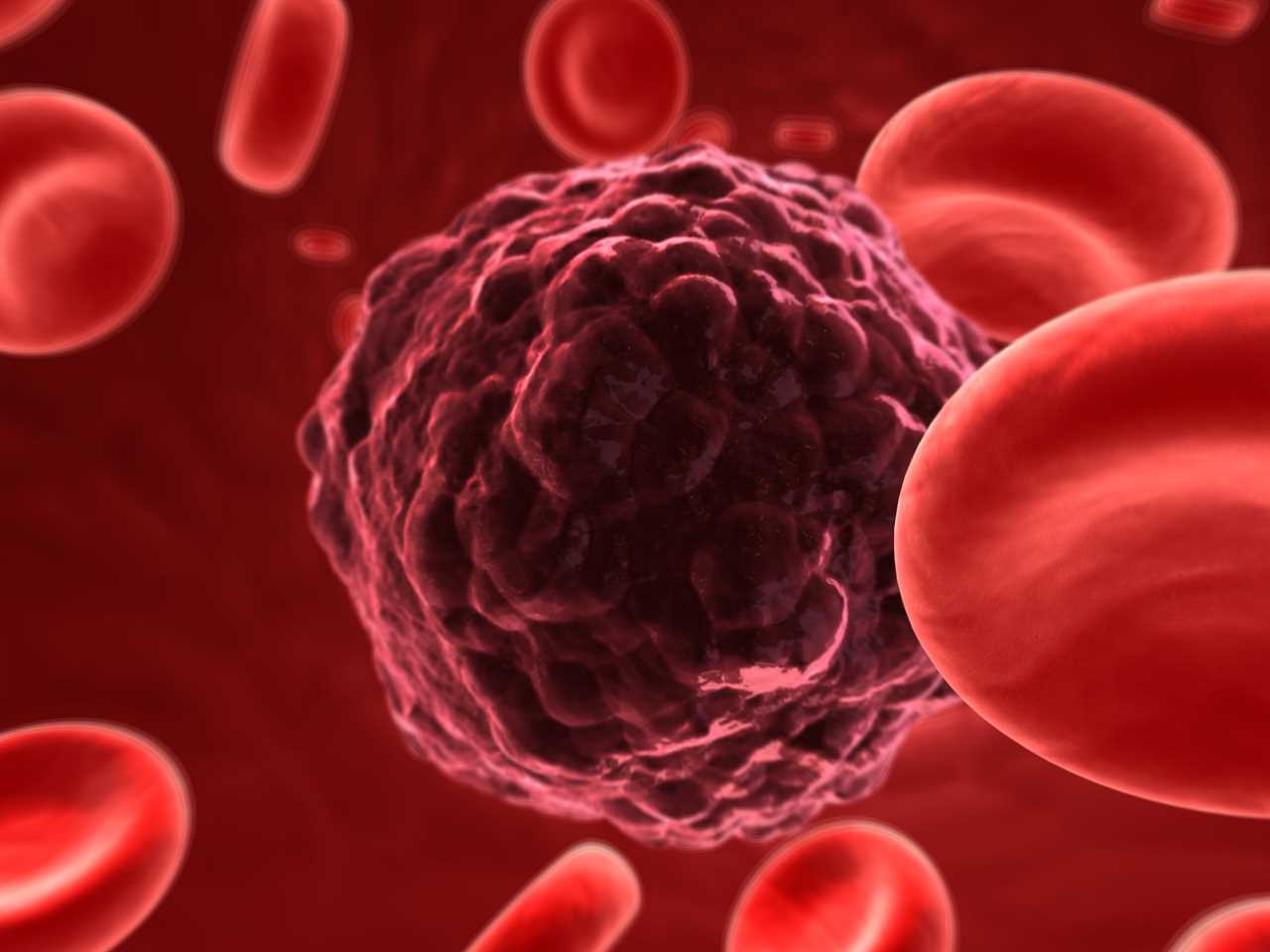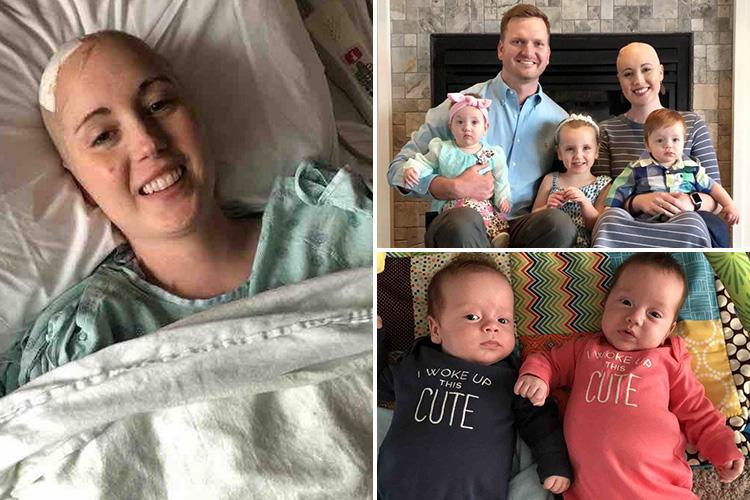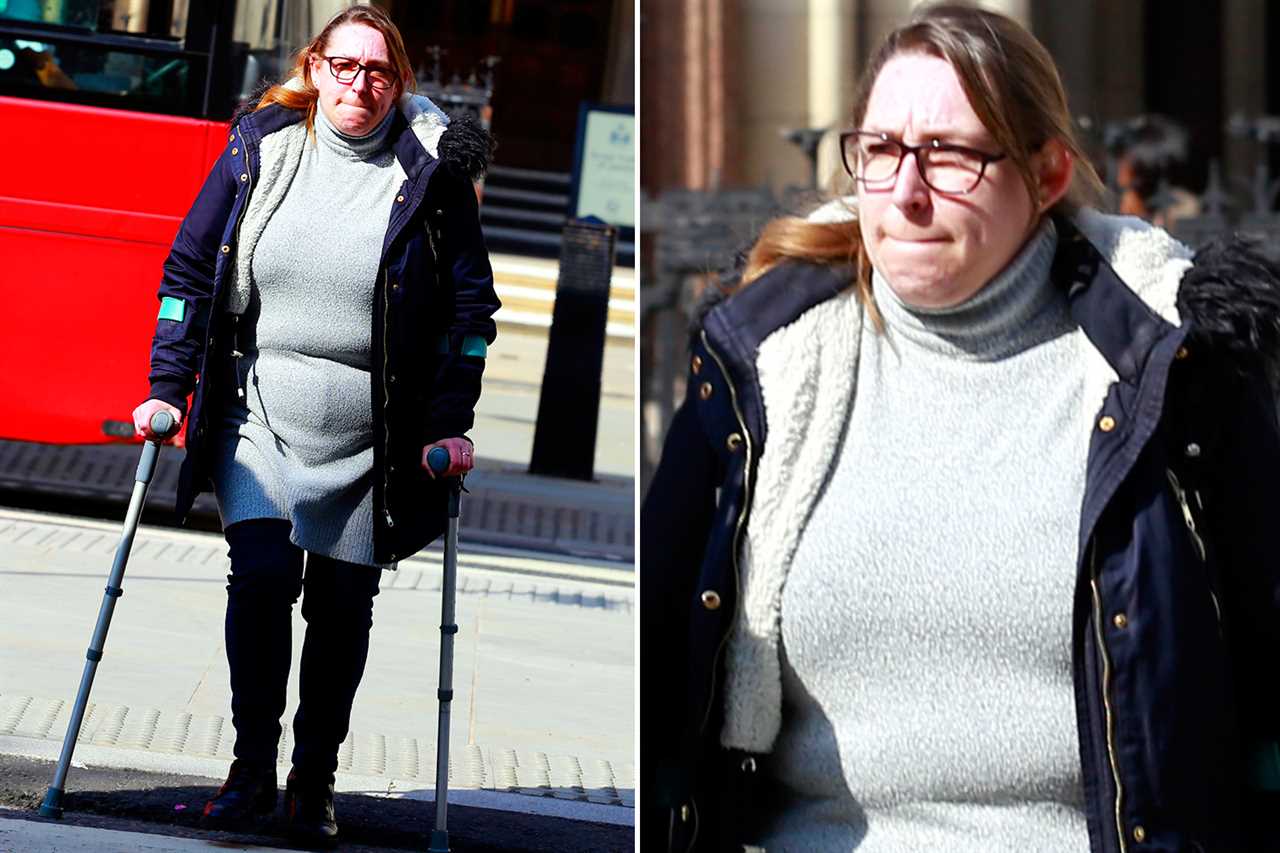CANCER will tragically affect many of us in our lifetime.
It’s a scary thing to think about you or one of your loved ones suffering with – but if caught early the chances of survival are much better.

That’s why it’s important to know some of the red flags that could indicate you need to get checked out.
While they won’t always mean you have cancer, and you ultimately know your body best, it’s good to keep an eye on some key areas.
Head and mouth:
A fever over 38C that doesn’t go for a fortnight, or sweats or infections that keep returning is a warning sign.
If you have a cold or have picked up Covid, a croaky voice isn’t normally a concern.
Read more on cancer
But if you notice a croaky or hoarse voice that hasn’t gone away on its own after a reasonable amount of time, it’s best to get it checked.
Another thing to keep an eye on is a cough.
Again, coughs are common. But if you have an unexplained cough that doesn’t go away or gets worse this could be a sign of cancer.
One more area in the mouth that can be a warning sign is if you are struggling with chewing or swallowing.
If there is not an immediately obvious problem, let your doctor know and they can look into it.
Loss of appetite is a common feature of a lot of illnesses.
But if you haven’t been noticeably unwell and you’re just not hungry still, it’s something to be looked at.
Mouth ulcers are common, but they usually get better within about three weeks.
So an ulcer or a red/white patch that doesn’t heal on its own after three weeks should be checked over.
Torso:
Sudden new heartburn or indigestion that crops up time and time again is a warning sign. Your doctor should be able to look into this for you.
Keeping an eye on your fitness is a useful indicator – if you notice breathlessness that comes from activities which didn’t used to leave you puffed, book a check up.
Most women are aware they need to check their breasts regularly to be on top of any new cancer signs.
But men should also give their torso a once over every so often, as they also have a small amount of breast tissue.
Any chances in shape, size or feel should be flagged to your GP, this includes on the skin, underneath the skin or nipples.
Knowing your regular toilet habits can also be a life saver – if you are having trouble or pain urinating or pooing, this is a red flag.
Going more often or less often to the loo or spotting blood should always be checked out – even if not cancer related, it’s not normal.
And under this umbrella, feeling bloated most days is not normal – so if you are regularly left feeling very uncomfortable, let your doctor know.
Skin:
Your skin is usually pretty good at healing, so if something isn’t repairing itself properly it is worth getting it looked at.
Moles are the first sign of skin cancer, so it’s key to know what it normal for you.
If you spot a new mole or an existing one changing in size, shape or colour speak to your doctor.
General signs:
Heavy night sweats can be caused by all sorts of things – menopause, infections or simply a very hot night.
But regular sweats while you sleep that leave you sodden could also be a sign of cancer.
Losing weight without meaning to over a short space of time is also a warning sign of cancer, as is an unexplained ache or pain that won’t ease.
Read More on Trending In The News
Feeling very tired for no clear reason for a while is another red flag something might be wrong.
And finally, if you find any unusual lumps or swelling anywhere that doesn’t seem usual or go away within a few days, speak to your doctor.










